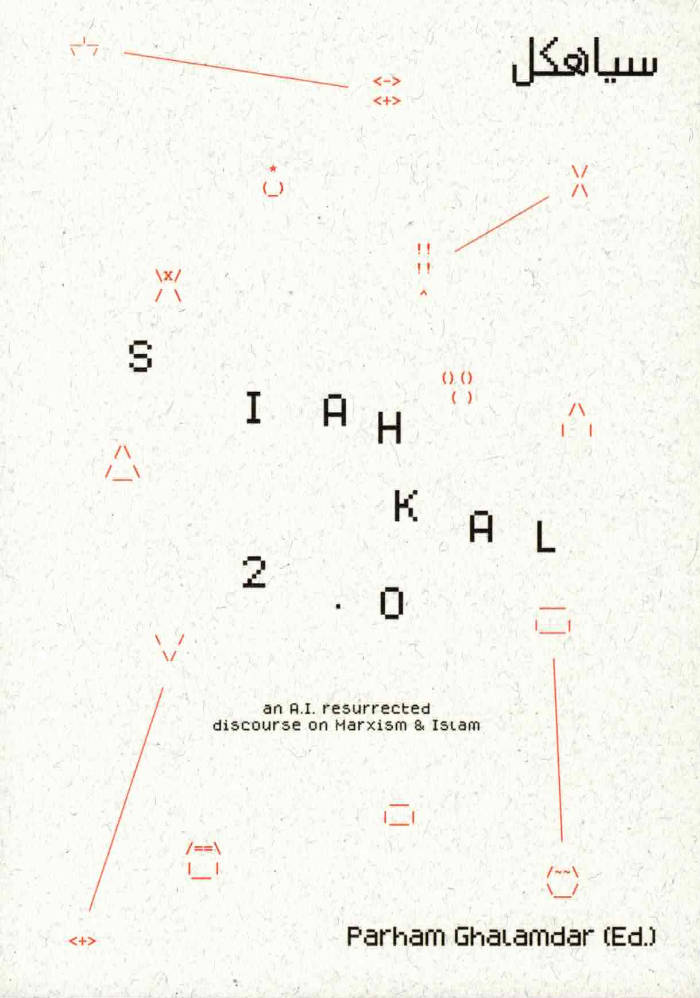
Le Discours des autres
Craig Owens (1950-1990) a bouleversé la théorie de l’art en une décennie d’intense travail. À la fin des années 1970, aux États-Unis, il s’engage dans l’aventure intellectuelle postmoderne, en quête d’alternatives à un discours moderniste cramponné aux problèmes formels. Owens se penche sur des pratiques artistiques conçues à la croisée des médiums, comme celles de Robert Smithson ou de Trisha Brown. Lecteur des philosophes poststructuralistes, il soutient que les oeuvres se composent de signes ouverts à l’interprétation. Owens place ainsi les spectateur·ices au premier plan, tout en apportant une inscription théorique inédite aux performances de Laurie Anderson et aux oeuvres postconceptuelles de Barbara Kruger, Cindy Sherman, Sherrie Levine ou Martha Rosler. Attentif au genre des artistes et inspiré par des réflexions sur le pouvoir du regard masculin, Owens écrit ensuite sur le féminisme et la domination. Ses essais prennent une tonalité sociale et politique. Ils touchent aussi à des questions ouvertes par les études postcoloniales. Autant de recherches interrompues par le sida, dont Owens meurt en 1990.
Ce recueil, établi, introduit et traduit par Gaëtan Thomas, permet de suivre les expérimentations d’une oeuvre portée par une réflexivité exceptionnelle.
Gaëtan Thomas est historien (médialab Sciences Po, Paris). Il a établi le recueil Pictures: S’approprier la photographie, New York 1979-2014 (Le Point du Jour, 2016) qui rassemble des textes de Douglas Crimp.





